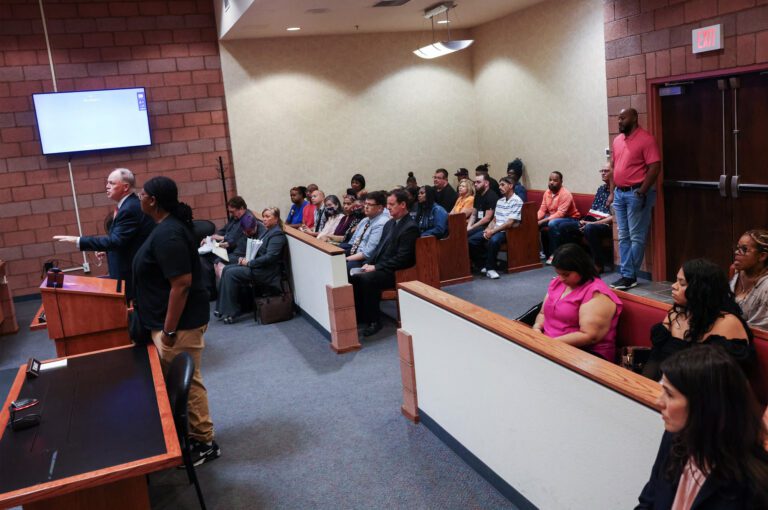Nevada’s Judicial Requirements: Understanding the Exceptions
Overview of Judicial Requirements
In Nevada, the majority of judges are expected to possess a law degree, as mandated by state law. However, there are notable exceptions to this rule that are essential to understand, especially concerning certain lower-level court judges.
Key Exceptions to Law Degree Requirements
While most judges in Nevada need to be legally educated, two categories of judges are exempt:
- Municipal Court Judges
- Justices of the Peace in counties with populations fewer than 100,000
As noted by Eve Hanan, a law professor at UNLV, most counties outside of Clark and Washoe fall into this population range, thus allowing for these exceptions.
Eligibility Criteria for Judges without Law Degrees
Judges at lower levels in Nevada who do not hold law degrees must still satisfy specific eligibility criteria:
- Must be a citizen of the state
- Must be a registered elector
- Must have no prior removals or retirements from judicial office
Additional Requirements for Justices of the Peace
For justices of the peace in smaller counties who are not licensed attorneys, there is an additional stipulation: they are required to pass an examination administered by the Nevada Supreme Court within 18 months of their appointment.
Conclusion
This overview highlights the unique aspects of Nevada’s judicial qualifications, emphasizing the balance between formal education and the inclusion of individuals from diverse backgrounds in the judicial system. For further insight into how these qualifications impact judicial effectiveness, refer to the methodology used by The Nevada Independent and their partnership with Gigafact for fact-checking trending claims.


